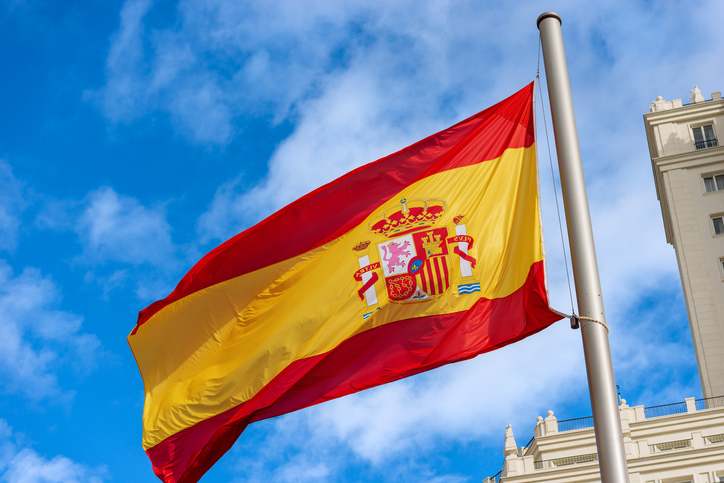
Pedro Sánchez, the acting Prime Minister of Spain, has asked the European Union (EU) to make Catalan, Basque, and Gallego official languages to the existing list of 24 languages across the European Union.
The ultimate decision by the EU will likely be made by the General Affairs Council at their upcoming meeting in September.
Since the start of his role in 2018, Sánchez has relied on the support of separatist parties in order to form Spain’s first ever coalition government since the country’s return to democracy.
In July 2023, the Spanish general election resulted in a hung parliament, after neither the parties of the right or the left secured enough seats to form a coalition government, or take power on their own. Therefore, Sánchez needs the support of fervently separatist groups to support him as Prime Minister, which could explain the PM’s sudden push for regional language recognition.
Since announcing the plans for official languages last week, Sánchez’s government has worked rapidly to widen the acceptance of regional languages.
Already winning some additional support, Sánchez’s ally and Catalan speaker Francina Armengol was elected as the new speaker of the lower house. Armengol has further announced that Basque, Catalan, and Gallego will now be allowed within Spain’s congress, and that the use of these three languages in congress “is a fact of democratic normalcy” as the “congress must represent the real Spain and one of the great strengths of our country is its linguistic diversity and richness.”
With the new developments she asked for patience and “the space to meet with the parliamentary groups, seek agreements and start working so that the use [of the three co-official languages] becomes a reality in the Congress of Deputies.”





